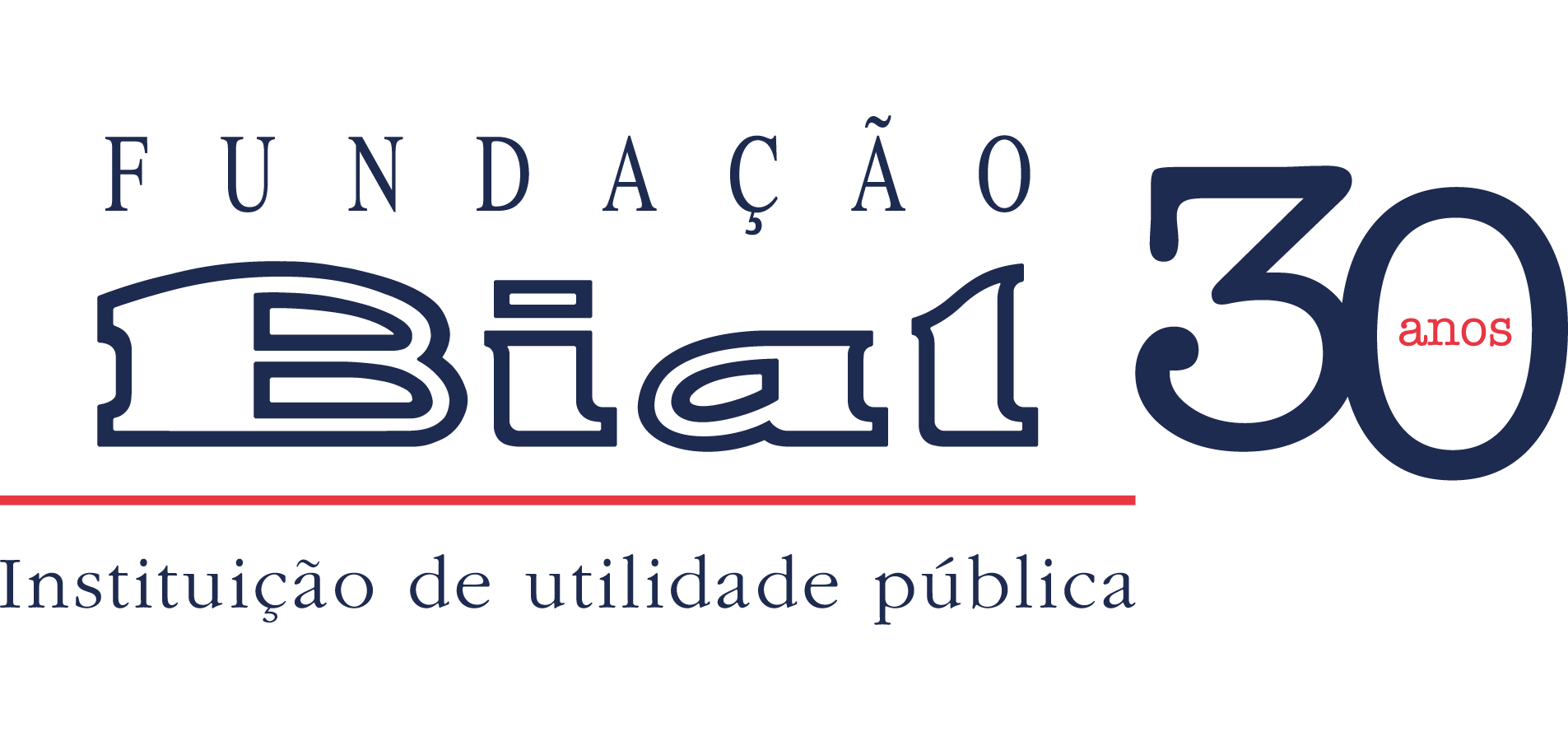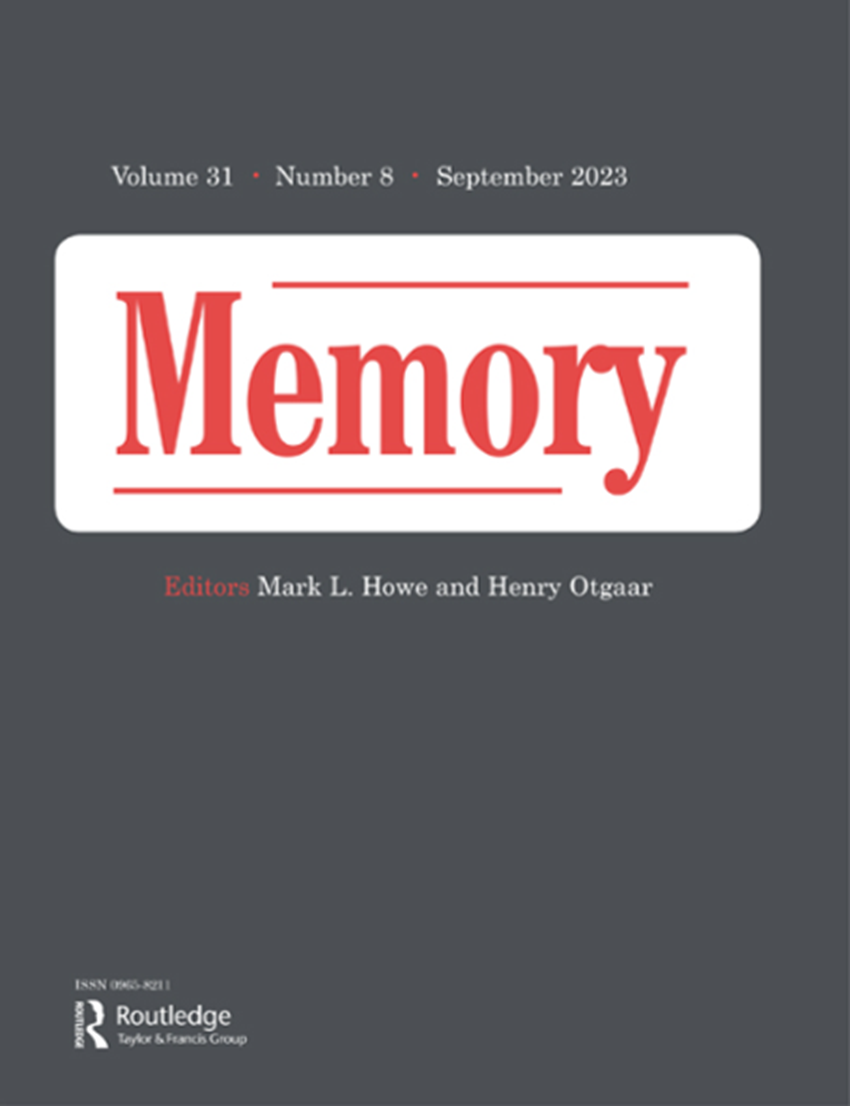Matteo Frisoni, investigador principal do projeto de investigação 384/20 - Schema-based temporal memory in parietal cortex (SCHETEMP), apoiado pela Fundação BIAL, avaliou com que grau dois grupos de participantes de jovem adultos (20-30 anos) e meia-idade (40–55 anos) recordam, passado uma semana, informação verbal detalhada (ou seja, diálogos), bem como informações semânticas e elementos espácio-temporais (isto é, “o quê”, “onde” e “quando”) de filmes. Os resultados indicam que a deterioração da memória ao longo de uma semana afeta principalmente a dimensão verbal auditiva de eventos complexos, tanto em termos de precisão da memória como de confiança, enquanto as informações sobre “o quê” (objetos/personagens), “onde” (espacial) e “quando” (temporais) parecem estar mais bem preservadas. Além disso, os jovens adultos são mais precisos e confiantes do que os participantes de meia-idade. Para saber mais, leia o artigo “Long-term memory for movie details: selective decay for verbal information at one week” publicado na revista científica Memory.
ABSTRACT
Mnemonic representations of complex events are multidimensional, incorporating information about objects and characters, their interactions and their spatial–temporal context. The present study investigated the degree to which detailed verbal information (i.e., dialogues), as well as semantic and spatiotemporal (i.e., “what”, “where”, and “when”) elements of episodic memories for movies, are forgotten over the course of a week. Moreover, we tested whether the amount of dimension-specific forgetting differed as a function of the participant's age. In a mixed design, younger and middle-aged participants were asked to watch a ∼90 min movie and provide yes/no answers to detailed questions about different dimensions of the presented material after 1, 3 days, and 1 week. The results indicate that memory decay mainly affects the verbal dimension, both in terms of response accuracy and confidence. Instead, detailed information about objects/characters’ features and spatiotemporal context seems to be relatively preserved, despite a general decrease in response confidence. Furthermore, younger adults were in general more accurate and confident than middle-aged participants, although, again, the verbal dimension exhibited a significant age-related difference. We propose that this selective forgetting depends on the progressive advantage of visual compared to auditory/verbal information in memory for complex events.





























































































